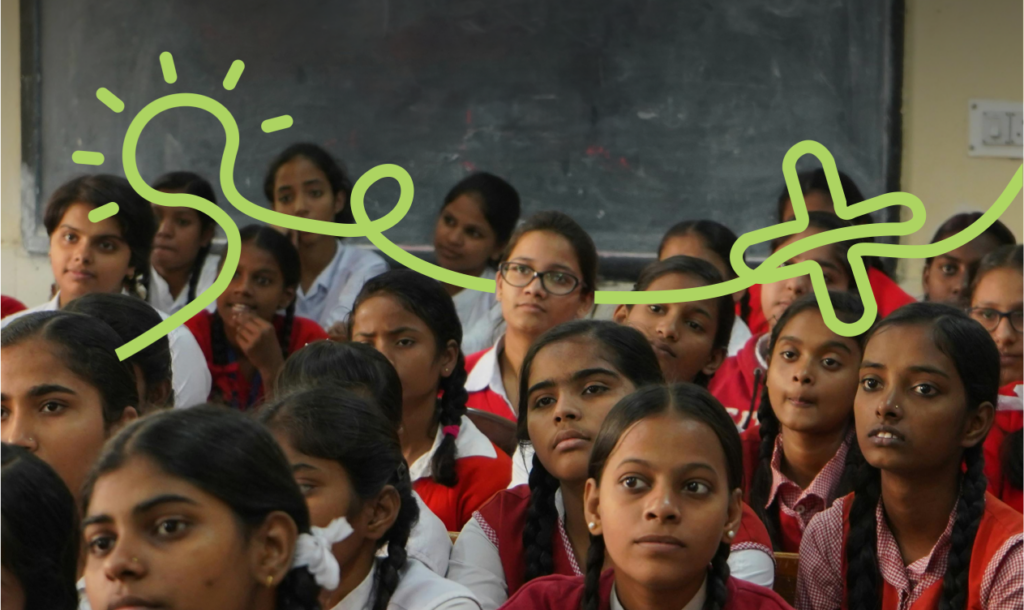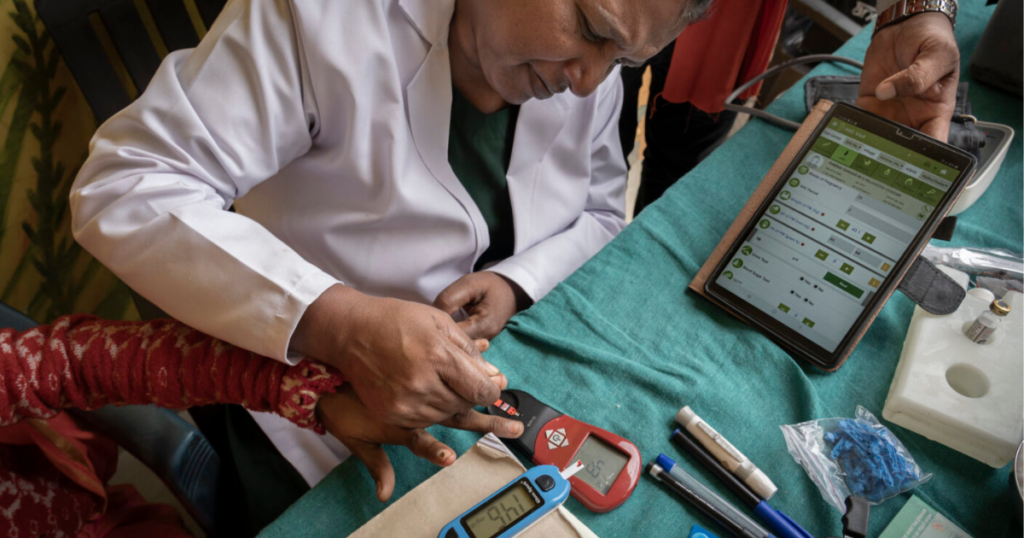Nearly 100 million women work in India’s agricultural sector, with a majority employed as farm labourers. In commercial agriculture, women’s participation across value chains is notably higher, especially in crops like cotton, sugarcane, tea, coffee, and cashew, where over 50% of the workforce comprises women.
Despite their substantial contribution to major commercial crops, women’s roles are undervalued, marked by a 60% pay gap, discrimination, exploitation, adverse health outcomes, and drudgery. Limited access to finance, technology, and knowledge further invisibilises them within the value chain. Women farmers are underrepresented in leadership roles, with restricted decision-making powers in decisions related to production. The agricultural value chains essentially mirror the power dynamics of a patriarchal society, further exacerbating the disempowerment of women within the sector.
In this context, addressing the gendered nature of value chains is crucial for women’s economic empowerment. Shifting from a gender-blind to a gender-sensitive approach within agribusinesses is imperative. Key steps include conducting gender-sensitive value chain analysis, identifying and addressing gender-based constraints through innovative solutions. Global initiatives such as gender-responsive procurement, Fairtrade certifications, and fostering women’s entrepreneurship contribute to enhancing gender inclusivity in value chains.
Empowering women in agriculture yields manifold benefits, including a 20% increase in yields with equal access to resources and training, higher adoption of climate-smart practices, improved nutrition, and an overall boost to national output. Embracing intentional gender-inclusive practices within agribusiness is not only a moral imperative but also a strategic move for sustainable and inclusive practices. Agribusinesses must actively promote gender equality to unlock the full potential of women in agriculture and contribute to broader societal and economic development.
Authors: Aparna Bhaumik and Tanvi Jhunjhunwala




